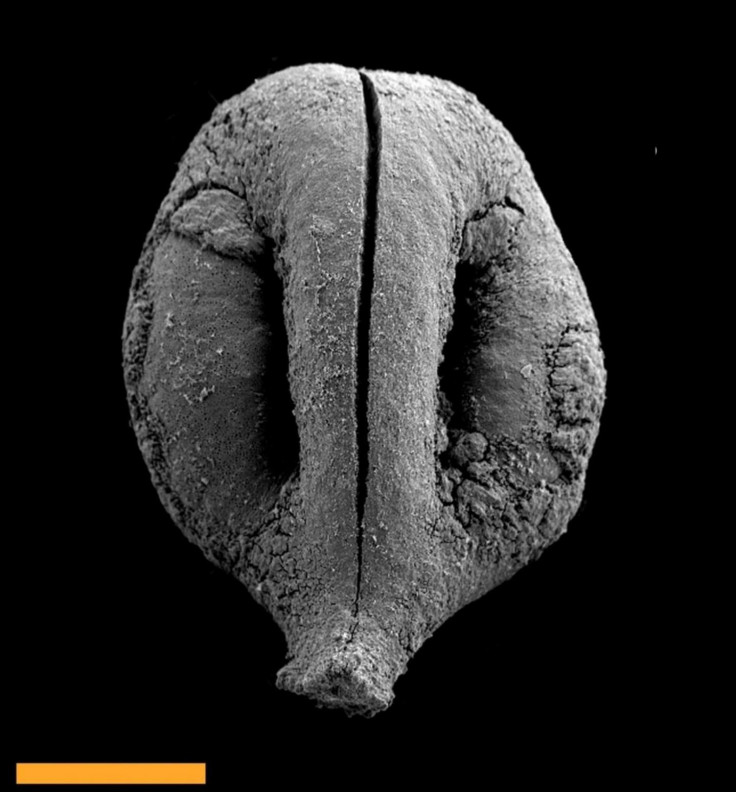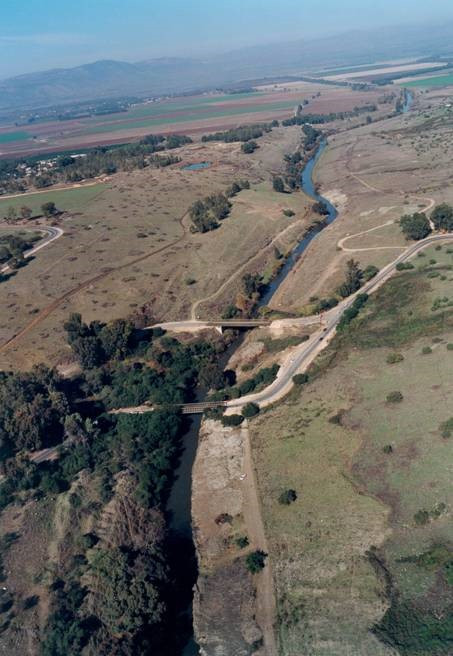Remains of 800,000-year-old Stone Age human meals reveal prehistoric eating habits
Palaeolithic humans ate a lot of fruit and veg, as evidence of fruit pips, nuts and seeds found in Israel show.

A society that lived in present-day Israel between 1.75 million and 250,000 years ago left behind a huge range of edible plant remains, providing new insight into what Stone Age people ate.
The discovery has been published in the science journal PNAS.
The Acheulian people – our Palaeolithic ancestors who lived in Gesher Benot Ya'aqov, Israel – ate a wide range of fruit and plant life, conclude researchers who have found the remains of 55 different species of edible plants, from nuts and seeds to leaves, stems, roots and tubers.
Some of the remains show signs of being charred or burnt, showing that fire was used routinely to cook food.
Among the finds are a 780,000-year-old grape pip measuring just 1mm across.

Plant remains are not often as well preserved as animal remains such as bones, as vegetable material rots and disintegrates far more quickly. The plant traces were preserved in a boggy, water-logged region on the shore of Lake Hula in the Jordan Valley in Israel. The lake is found in the Levantine corridor, the area of land that connects Africa to Eurasia.
The lack of plant remains has meant that our interpretation of the Palaeolithic diet has been skewed towards meat and animal products, the authors note in the paper. This new evidence shows that the diet of prehistoric humans was actually very rich in fruit and vegetables.
"In recent years we were met with a golden opportunity to reveal numerous remains of fruits, nuts and seeds from trees, shrubs and the lake, alongside the remains of animals and man-made stone tools in one locality," said study author Naama Goren-Inbar of the Hebrew University of Jerusalem in Israel.

"This region is known for the wealth of plants, but what surprised us were the sources of plant food coming from the lake. We found more than 10 species that existed here in prehistoric times but do not today, such as two types of water nuts, from which seven were edible," said Yoel Melamed of Bar Ilan University, also a study author.
© Copyright IBTimes 2025. All rights reserved.






















